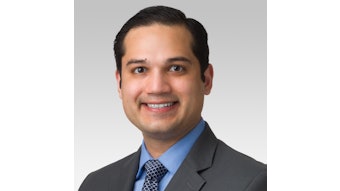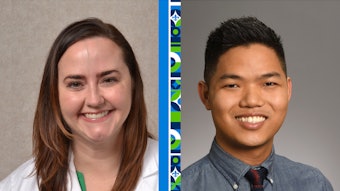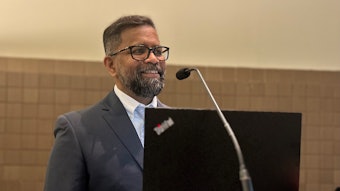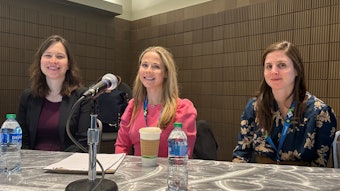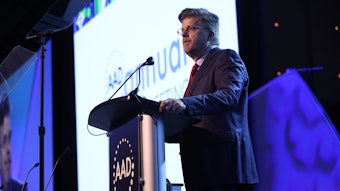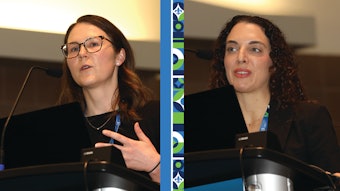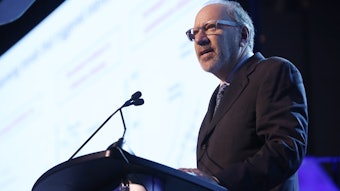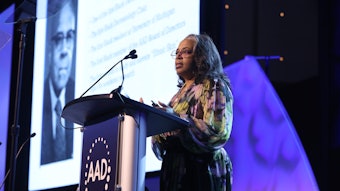Ethical dilemmas hiding in plain sight
Livingood lecture spotlights the unintended consequences of decision-making.
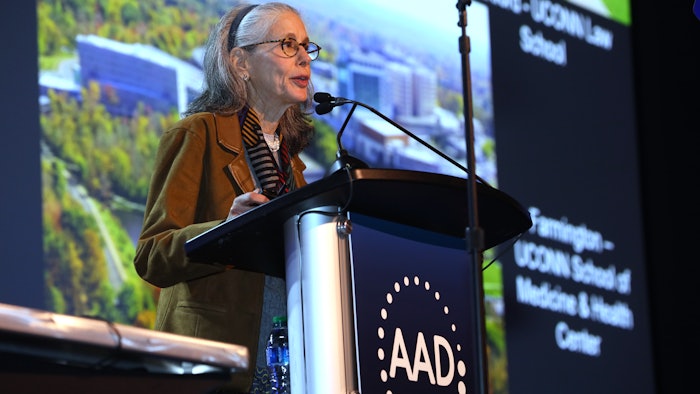
Like anyone else, dermatologists like to think of themselves as ethical people and ethical practitioners. But what exactly does ethical mean? And how, in the often-frenetic days of seeing 40, 50, even 60 patients, can a dermatologist take the time to consider all the ethical implications of everyday decisions?
“The practice of medicine has changed radically in recent decades,” said Jane Grant-Kels, MD, FAAD, professor of dermatology, pathology, and pediatrics, and director of the Cutaneous Oncology Center and Melanoma Program at the University of Connecticut. “Very famous and well-known charismatic academic research dermatologists who have contributed immensely to our field have been accused of not behaving ethically in the past. And none of us, including myself, recognized that what they were doing at the time was unethical because we didn’t think about it. Just because you’re not breaking the rules doesn’t mean that you are acting in an ethical manner.”
Dr. Grant-Kels explored the importance of ethics and the nuanced boundaries of ethical behavior during Sunday's “P151 – Plenary” Clarence S. Livingood, MD Memorial Award and Lectureship, “Dermatoethics: Ethics and the Practice of Dermatology.” Very few decisions in medicine, or in life, are simple black or white choices, she said. Unintended consequences can transform what seems to be a clear-cut decision into an ethical quagmire.
Decision-making dilemmas common
“Some dermatologists make the decision to not care for patients on Medicaid,” Dr. Grant-Kels said. “Reimbursement is so low that a practice loses money for each patient encounter. A practice cannot sustain those kinds of losses. But if you aren’t seeing these patients, someone else must take care of them. This results in the unintended consequence of placing the burden on your colleagues, most often colleagues in university clinics. Our choices have consequences — unintended consequences, with important ethical implications.”
Additionally, ethics have been a topic for discussion in medicine for decades, she said. The Nuremburg Trials after World War II focused attention on medical ethics. So did the Helsinki Accords, and the growing focus on informed consent.
“Just because we went to medical school doesn’t make us superhuman,” she said. “All of us have faults and boundary issues and are capable of making human mistakes. We don’t do it on purpose; we are so busy that we often don’t ask ourselves, objectively, is this decision right or wrong? We just don’t have the time to be introspective and think about ethics in a busy day of clinical practice. It happens to us as we parent our children. It happens to us as citizens of the world. And it happens in our offices as well.”
Analyzing nuances in everyday life
Physicians can create some of their own ethical dilemmas by not thinking through their decisions and the ramifications, said Dr. Grant-Kels. Some ethical quandaries are imposed from the outside. Insurance coverage, reimbursement policies, malpractice liability, patient mix, business structure, practice locations, and other factors can push decisions in one direction or another with ethical implications.
“There are always new nuances to ethics,” Dr. Grant-Kels said. “Since the Roe v. Wade mandate has been overturned, how do we handle patients we are putting on teratogenic medications? What happens if that patient becomes pregnant and we have them on a medication that can cause birth defects? This is particularly an issue if you are practicing in a state where abortion isn’t available. There are ethical implications that didn’t exist a year ago.”
Finally, there are times ethical questions can arise at unexpected moments, she said.
“There are times when there are no clear right or clearly wrong decisions, just ethical choices,” Dr. Grant-Kels said. “I don’t think any of us are making decisions based on a lack of ethics. But we all occasionally make decisions with a lack of sensitivity to ethical issues. We should all try to pay more attention to the unintended consequences of our decisions.”
Visit AAD DermWorld Meeting News Central for more articles.


